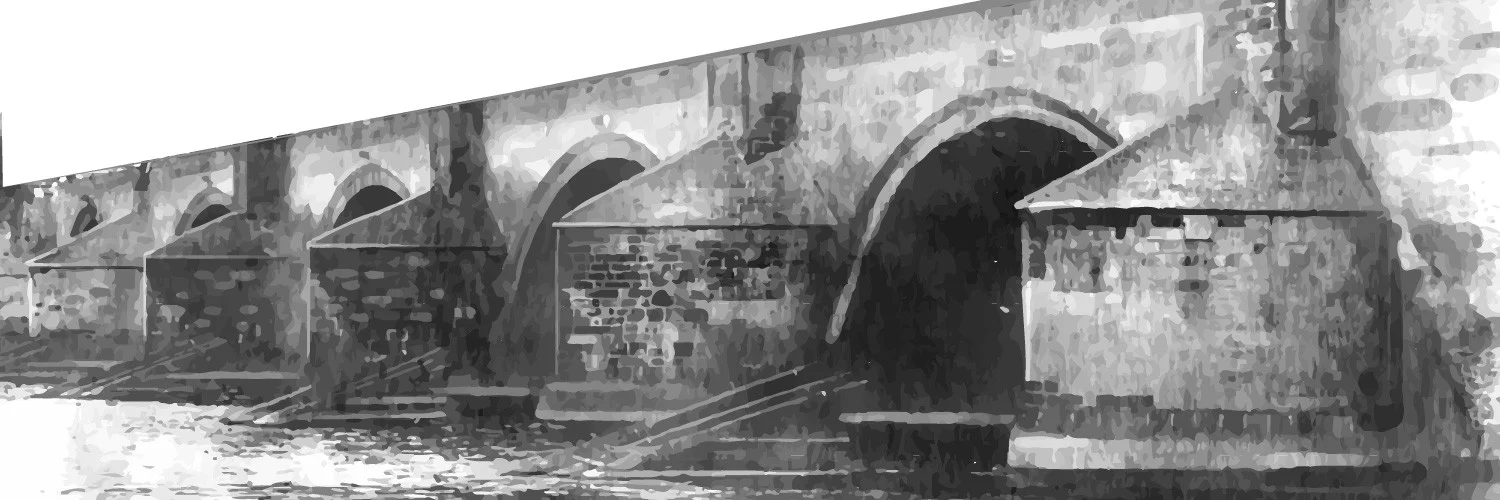"Monday Musings” are designed to get quick, insightful thoughts based around three questions from those interested in strategy, from the most experienced and lauded, to our newest thinkers/writers.
1. Who had the greatest impact on you intellectually (whether through writing, mentorship, etc.)?
Clearly, it’s retired Colonel Bob Killebrew. He’s the smartest Army officer I’ve ever known. We met in 1995 when the Chief of Staff of the Army appointed me Director of the Army After Next (AAN) Program. This was the Army’s first effort to look deeply into the future using studies and gaming. We started the Army’s first strategic wargame, the AAN Game, now called Unified Quest. We developed the first rigorous process for looking into the future by following a set of methods and principles that endure to this day. I remember the day we met, he said to me: “General, I think we’re going to like each other.” Later, he said in private: “Bob, I think we’re going to change the world.”
Bob taught me how to see land power from a strategic perspective. Together we developed the first effort to codify the science of future gazing. We then taught the Army how to do it. The game he devised included force on force, free play gaming with observer controllers, world class opposing forces, objective instrumentation, game adjudication open to the world with a willingness to lose. Bob taught me how to market the future as well by talking in plain language to the media, politicians, allies, the public and the defense intellectual communities. Bob and I would often get into shouting matches that our whole organization would listen to in horror. Bob is not a shrinking violet. But our volume was due to passion and mutual regard, not dislike. When it came to the Army leadership Bob took no prisoners as well. I remember when the Chief of Staff suggested more “control” over our gaming approach, Bob quite literally told him off. He said the essence of future gazing was intellectual honesty. Cook the books in order to win or sell a program and you’re dead. He’s been proven right time and again.
Bob and I were invited to Unified Quest only once. Neither of us have ever been invited back…not in fifteen years. We both wear that rejection as a badge of honor. My lesson from Bob is timeless: Look into the future with courage and honesty; write a “history of the future” based on timeless principles and intellectually rich research; test your thesis in an honest game, and write it without any regard to the political leanings and biases of those above you.
Fifteen years later we watch as wars unfold with remarkable fidelity to our ideas and concepts now more than two decades old. We think about the principles that were so vehemently rejected back then: the human dimension (my term), interdependence (Bob’s term), drones to perform all six essential combat functions, brigade centered maneuver, operational maneuver from strategic distances, the unblinking eye (my term), non-linear maneuver, soldier networks (this was before social networks), operational reach back, tactical-to-strategic convergence, etc.
Someone who believes in the value of future gazing should give Bob Killebrew a call. He alone possesses the experience, institutional memory, and intellectual honesty to change fundamentally how the Army thinks about the future.
2. What book (fiction, history, or academic) do you think best explains strategy?
Grant’s memoirs. I read this book in junior high school. I re-read it every year. Grant made a lousy president, but he was perhaps the first true soldier-strategist of the industrial age. And the book grips me for the same reason I venerate Bob Killebrew. Grant wrote with moral courage, honesty, and vision. Grant wrote about war as it was not as his peers wished it to be. He wrote with self deprecation. He saw beyond the color of a uniform to complement the intellect and values of both friend and foe. And he saw the future though a lens that was both somber and telling.
3. What do you want your legacy to be?
I want to be known as a soldier who knew how to look to the future of warfare with fidelity, honesty, and vision…like Bob Killebrew and Sam Grant.
Robert H. "Bob" Scales Jr. is a retired U.S. Army Major General and former commandant of the U.S. Army War College. He now works as a military analyst, news commentator, and author. The views expressed in this article are those of the author and do not reflect the official policy or position of the U.S. Army, the Department of Defense, or the U.S. Government.
Have a response or an idea for your own article? Follow the logo below, and you too can contribute to The Bridge:
Enjoy what you just read? Please help spread the word to new readers by sharing it on social media.


